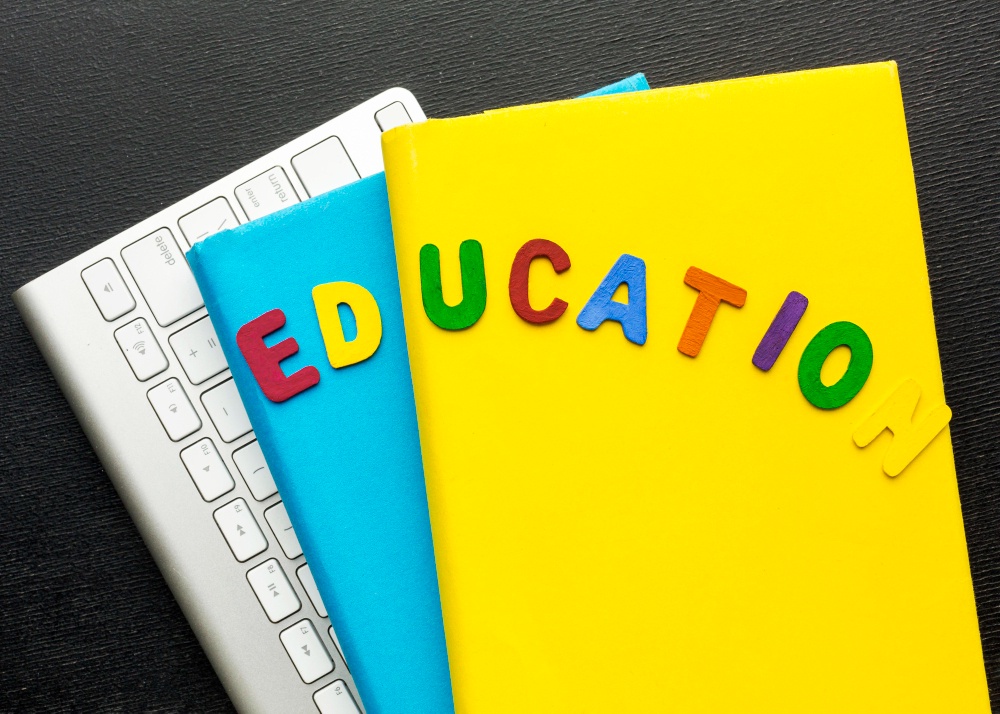The International Baccalaureate Curriculum offers learning programs for children between 3 and 19 years. The course strikes a child's natural curiosity to arouse an interest in learning and developing skills without reservations.
The best school taps their creativity and instills a love for learning. And one such learning program is the International Baccalaureate Primary Years Programme (IB PYP). It recognizes your child's potential, helps to foster their skills, and empowers them to innovate.
This post explores the IB Primary Years Programme, its structure, and key ideas to help you decide if that's the school you want for your child.
What Is IB PYP Curriculum?
Children get their primary schooling from age 3 to 12. The IB PYP Singapore curriculum encourages the child's spontaneous, curious nature and channels it toward skill development. It aims at the child's academic, emotional, and physical development by emphasizing conceptual ideas and holistic and integrated themes.
What Are the Transdisciplinary Themes?
The fundamentals of the International Baccalaureate Primary Years Programme (IB PYP) are transdisciplinary themes. The program does not need the children to go to a quiet corner to memorize their studies. Instead, they apply all their learning to conceptual thinking and analyze the same from every angle as follows:
- Who we are
- Where are we (in place and time)
- How do we express ourselves
- How does the world function
- How do we organize ourselves
- Sharing the planet
What Are the Pyp Key Concepts?
The PYP comprises eight critical concepts applicable to all subjects throughout the school year. Learners are encouraged to consider these concepts and draw connections when appropriate. The key concepts of PYP are as follows.
Form
Learning becomes interesting when the student can compare the various subject areas by asking what it is like. The comparative study helps in assigning a form for categorization.
Function
Every aspect of the study to be worthwhile must have a specific function. When students know how the element works, they can effectively apply it to real-life scenarios. That's why they ask, 'how does it work.'
Causation
The question students ask to understand how diverse topics relate and react is, 'why is it like this.'
Change
Change over time is expected, and the students use the 'how is it changing' concept to identify the change's result and its movement.
Connection
IN PYP's interdisciplinary approach requires the student to find a connection between the various systems and fields of study- the question the student asks to relate the topics is, 'how are they connected to other topics.'
Perspective
The key concept makes it necessary for students to view the same situation from diverse perspectives. The various viewpoints may differ depending on the geographical location, prevailing customs, etc. The question they ask here is, 'What are the points of view?'
Responsibility
The students ask, 'what is our responsibility?' as they check the various choices and results of the chosen action to decide their responsibility for the action.
Reflection
After learning a concept, the students reflect on its value and where they derive the information.
What Is the PYP Structure?
Primary international schooling aims to teach the student more than the standard curriculum. It nurtures the child's communication, management, and interpersonal skills to become a trait in them. The structure is as follows:
Thinking Skills
The teacher doesn't just read out or explain the lesson to their pupils but encourages them to think, question, and find the solution. They analyze a problem and look for ways to solve it by applying the lesson concepts.
Self-Management Skills
What is production use when it is not ready to fulfill orders? The IBPYP course imparts valuable time management and multitasking information to complete orders on time. These skills go a long way and help create an impression that clinches deals.
Communication Skills
The student must know how to communicate verbally and in writing. During the lesson, students must listen, simultaneously form opinions, and work on a debating strategy. Such a teaching methodology encourages the child to speak their views with clarity.
Social Skills
The students learn to work individually and in a group. They learn to tolerate, interact and collaborate. Their dispute-solving abilities enable them to maintain harmony in the work environment, which is detrimental to the organization's health.
Research Skills
There is a lot of available information on the internet or in the library, but it lies there unused until someone digs up the data and distributes it. Who will do it? An IBPYP student learns how to research and separate the useful from the unuseful information.
Endnote
Parents look for a school close to home so that the child can go or return to school quickly. Times are changing, and so should the educational system. Most of all, the parent's mindset concerning academics must change.
Instead of finding a school close to home, choose one the child will love to go to. Practical education helps them to solve real-time problems and will support them beyond school.
For more blogs click here.


No comments yet